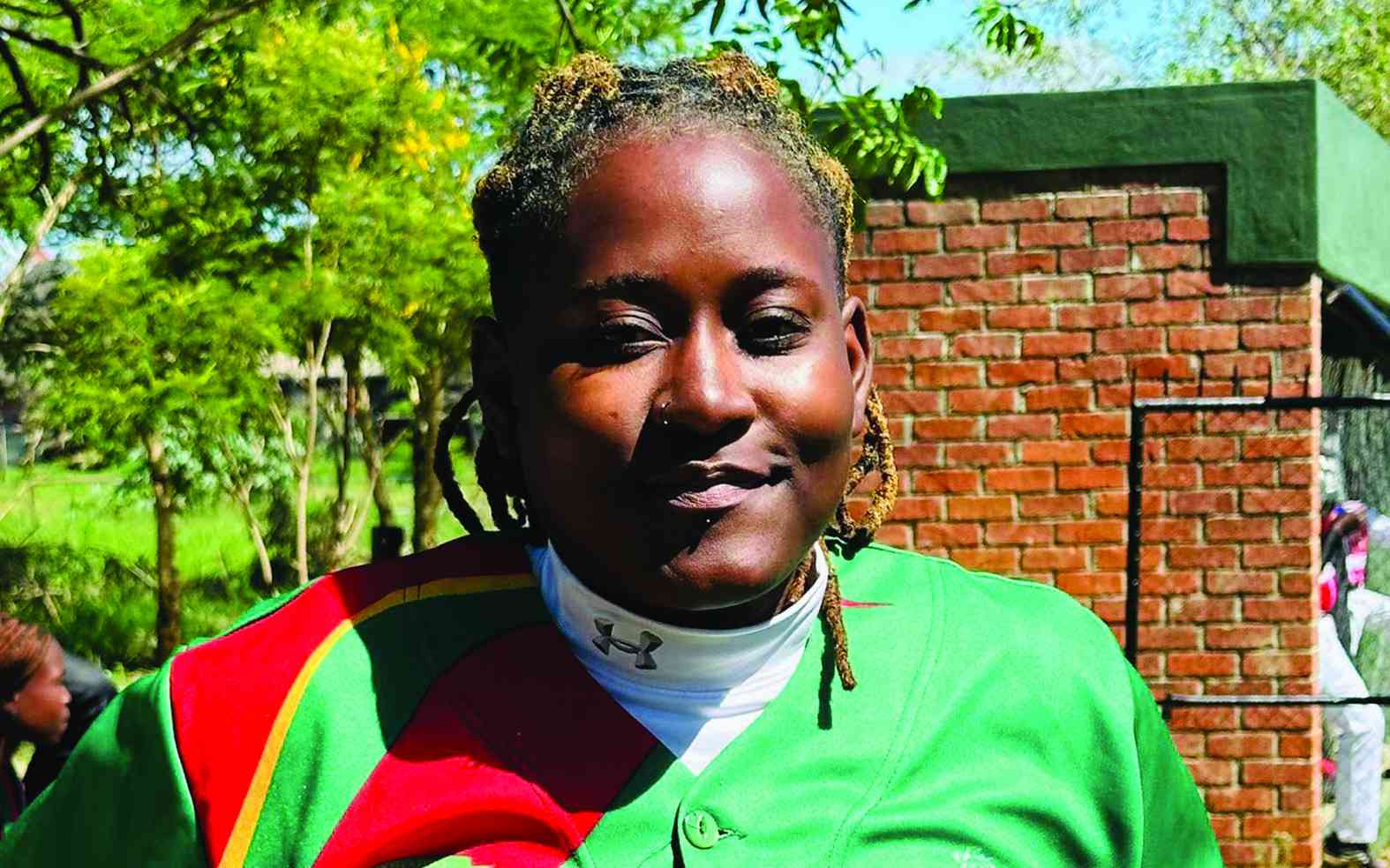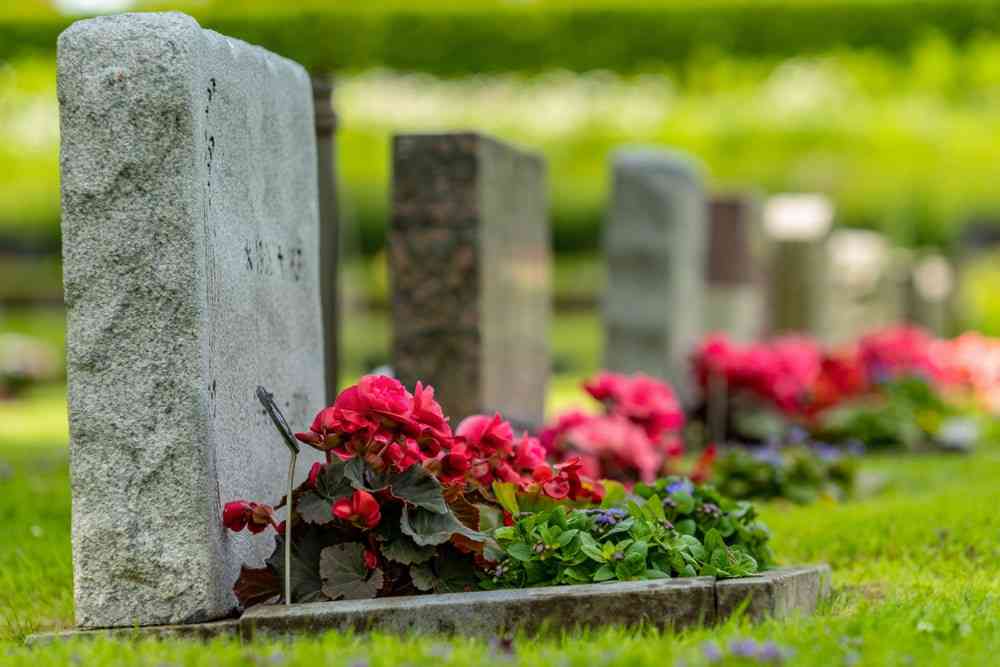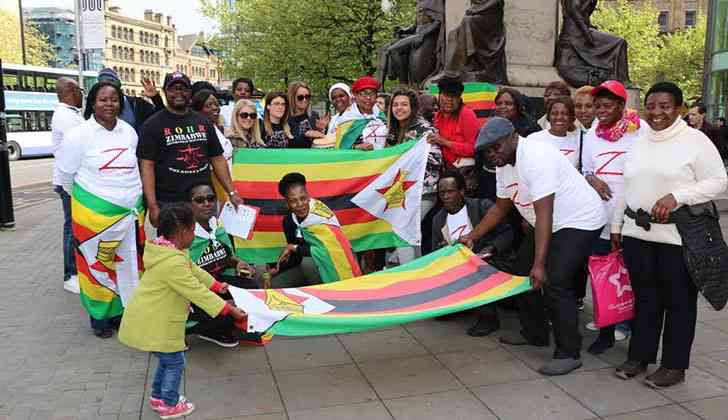
By Maynard Manyowa I AM a Zimbabwean, so this is difficult to write, and I stand to lose a lot. But I will do it anyway.
Anti-immigrant sentiments, or much simply xenophobia is difficult to write about because nobody wants to speak candidly, and the few that do are often affected by emotions.
Nobody wants to, nor can they, freely state that Zimbabwean immigrants in South Africa do not help their own cause. Saying this would likely be interpreted as support for violence and whip up a wave of cancellations.
Similarly, very few people want to negatively describe movements like Dudula because offending them could lead to escalation, and ostracism from locals.
And nobody wants, by push or pull, to speak about the rampant problems caused by out-of-control migration into South Africa, like drugs, murder, crime and so forth. This is how it is.
Anyway, a few days ago, my wife Boipelo Manyowa wrote a widely published article for NewsDay about her disapproval for xenophobic violence and crime in South Africa .
It was a heartfelt piece that I believe was driven by her kind-hearted nature, her faith in humanity, and her belief that Africans are stronger, together. Xenophobic tensions are very personal.
My wife is a staunch Pan-African, but I will leave it there because I avoid speaking on her behalf, because she can speak for herself, aptly. However, at the centre of her thoughts is the critical issue of migration, which we must talk about.
- Chamisa under fire over US$120K donation
- Mavhunga puts DeMbare into Chibuku quarterfinals
- Pension funds bet on Cabora Bassa oilfields
- Councils defy govt fire tender directive
Keep Reading
I will start by saying my heart goes out to people who have lost their lives and property in xenophobic attacks, and violence of any nature. This is unfortunate, intolerable and unwelcome.
I first wrote about xenophobia in 2015, in an open letter to the late former President Robert Mugabe. That piece got me in trouble with his government, but also exposed me to different views.
While I had egged him to find ways of reminding South Africa of our role in their independence, and stability, at our expense, I also learnt a few other lessons.
My work as a journalist often makes me an annoying character. Ethics demand I listen to several sides before giving an opinion, including repulsive ones that make me sick.
Yet I do this because the only way to understand people is to listen and look. I also know, and have learnt since my 2015 days, that nothing is ever black and white, nor is it either or. There is always a semblance of truth, even amid destructive hate.
It takes a brave man to speak or write against the grain. To that end I applaud Boipelo for speaking out against her own country and its people, risking ostracism in the process, and as she wrote, doing it for “people who have been very unkind to her”. I must also be brave, and share a few thoughts, in response to her article. I largely agree with everything she says. That people should be equal before the law. That violence is wrong. But I also have other perspectives that I believe should be part of this dialogue.
Zimbabwe is not an ‘innocent’ country when it comes to xenophobia
When Zimbabwe first achieved independence in 1980, it really was heaven on earth. Its currency was strong, and the country was self-sufficient. Malawians, Zambians, and South Africans flocked to Zimbabwe, to work as roadside vendors, to work in mines, and to take advantage of the education system, as well as flee from the racist apartheid government.
But Zimbabwe and its government at the time were hostile. Malawians and Zambians were called MaBwidi; a derogatory term that describes foreigners as half-wits. The government conducted raid after raid in townships, often asking people to repeat local street lingo — fully aware that Malawian folk would repeat it with a hilarious accent.
Those that failed were bundled into trucks and deported. Those who remained were made half citizens by the government. That time, naturalised Zimbabweans from Malawi and Zambia were not allowed to vote, and their identity documents were engraved with a huge capital letter A, which designated them as “Aliens”. This practice remained up until Mugabe was removed from power.
But, at the same time, as Mozambique was engaged in a brutal civil war, several locals, many who speak Zimbabwe’s main language, Shona, crossed into the country seeking refuge. Government rounded them up and put them in refugee camps, while several others were forcibly deported to Mozambique, where they were executed by rebel forces.
To this day, in and around the township, derogatory jokes about Malawians, Zambians and Mozambicans are exchanged at barbecues. How we, as Zimbabweans treated other Africans at the time, was wrong, and it must not escape history or dialogue.
South Africa treats refugees better than any other African country
Over the years, as conflict ravaged Africa, several people have fled their homes in Congo, Somalia, Ethiopia, Central African Republic, Burundi and other countries. Those who found their way to Zimbabwe were put, and remain in refugee camps, to this day. Countries like Malawi, Uganda and Zambia, also have refugee camps for asylum seekers.
Now, I mention this because, when millions of Zimbabweans, and rightly so, fled violence in 2008, the South African government responded by giving them special permits and allowing those who didn’t apply to integrate with communities.
In Malawi, as we speak, the government is calling on all refugees who left camps and integrated with communities to return to the camps or face action. Zimbabwe keeps refugees in camps, while Kenya wants to close its camps and send refugees back to conflict zones.
South Africa is not driving foreigners into camps, but nobody is speaking about this, or wants to.
And ignoring such a gesture of goodwill upsets and offends a country that has been very hospitable to refugees, economic or otherwise.
One would struggle to find a country today, that allows millions of people to simply show up and integrate into communities. To that end, South Africa is a haven for refugees from all walks of life.
At the same time, we cannot escape the reality that illegal immigrants commit crimes in South Africa.
People avoid speaking about it, but the truth is, most violent robberies in the Johannesburg central business district and Hillbrow are committed by Zimbabweans from the South, who speak a morphed version of Zulu.
We also cannot escape that Nigerian syndicates commit fraud and deal in drugs in South Africa.
We cannot escape the reality that Zimbabwean vendors and Asian shopkeepers are driving local South Africans out of business in townships. These are facts. Ignoring them will simply frustrate those who are protesting and lead to more violence.
I don’t want to go deeper into what each nationality is accused of doing in South Africa, but I do want to part with one observation — there are many immigrants in South Africa, from several countries, but most anti-immigrant groups have problems with Zimbabweans. That should be telling.
I wrote, before, on Facebook, that Zimbabweans need to reflect. We really do. Everywhere we go, people complain of how we behave. Instead of attacking South Africans for their sentiments, we must understand them.
Malawians, Zambians, Burundians, and the like do not take as much heat as we do. That calls on us to reflect and call each other out. And we must start by accepting that no matter how bad things are in South Africa now, we treated foreigners worse than we are being treated.
We must accept that our behaviour in foreign countries is intolerable. For example, we have 12 prisoners from Botswana in Zimbabwe, yet Botswana has 400 prisoners from Zimbabwe. This cannot continue.
Namibia has an issue with Zimbabweans. Botswana has an issue with Zimbabweans. Zambia recently developed an issue with Zimbabweans. South Africa has an issue with Zimbabweans. And the UK is deporting Zimbabweans en masse.
They can’t all be wrong about what we are doing out there. And we can’t keep attacking South Africans without calling each other out.
As I said, I am appalled by the murders and violent attacks in South Africa. But maybe, it is time, we as Zimbabweans also honestly looked in the mirror, and reminded ourselves that South Africa is treating us better than we ever treat(ed) immigrants, and that, our conduct in their country, leaves a lot to be desired.
- Maynard Manyowa is a Zimbabwean journalist and documentary filmmaker based in Manchester, England. He is married to Boipelo Manyowa, a South African journalist, who has recently written against Xenophobia.











